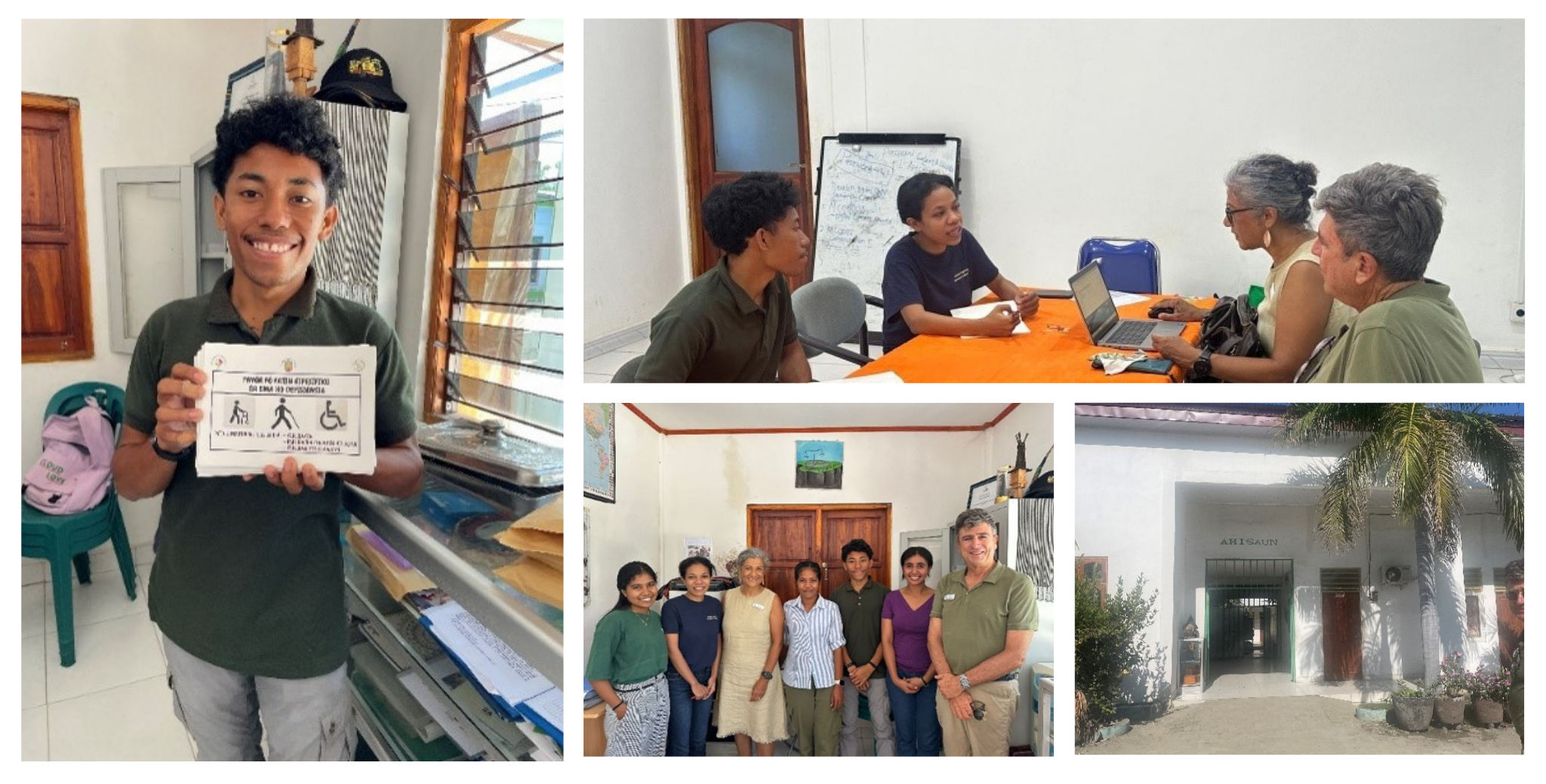J1113N Young People for Development in Timor-Leste
Timor-Leste, Southeast Asia




Situation
Since its independence in 1999, Timor-Leste has made strides in governance and democracy but faces persistent social, economic, and cultural challenges. Violence and trauma from its colonised past contribute to a cycle of fear and victimisation, with women and children suffering disproportionately from abuse and intimate partner violence. Despite government initiatives like the Law on Domestic Violence (2010) and the establishment of Child Protection Officers, systemic issues such as poverty, inadequate health services, and limited access to education persist. The country’s youth, representing over 60% of the population, struggle with high unemployment, limited opportunities, and a cultural hierarchy that sidelines their influence, especially for young women who face widespread sexual harassment. With rising literacy, young people aspire beyond subsistence agriculture but lack pathways to achieve those goals.
Objectives
The Young People for Development in Timor-Leste project aims to empower Timorese youth to address these challenges and advocate for change. Key objectives include combating harassment, promoting gender equality, and enhancing inclusivity. Activities focus on education, sexual health, disability rights, and life skills development.
Programs include:
- Sexual Harassment Activist Collective
- Gender Equality workshops
- The Gender Influencers Project
- The Tara Bandu Local Community Project
- Sexual Reproductive Health Workshops
- Youth Expos and Festivals
The J1113N project fosters awareness and activism while partnering with health and community organisations to improve resources and safety for vulnerable groups.
J1113N
